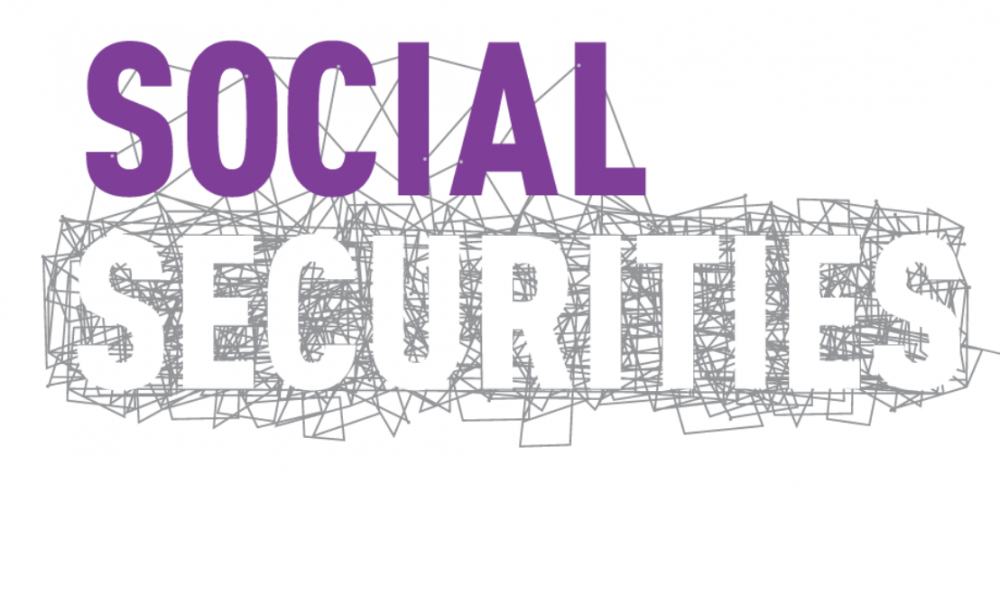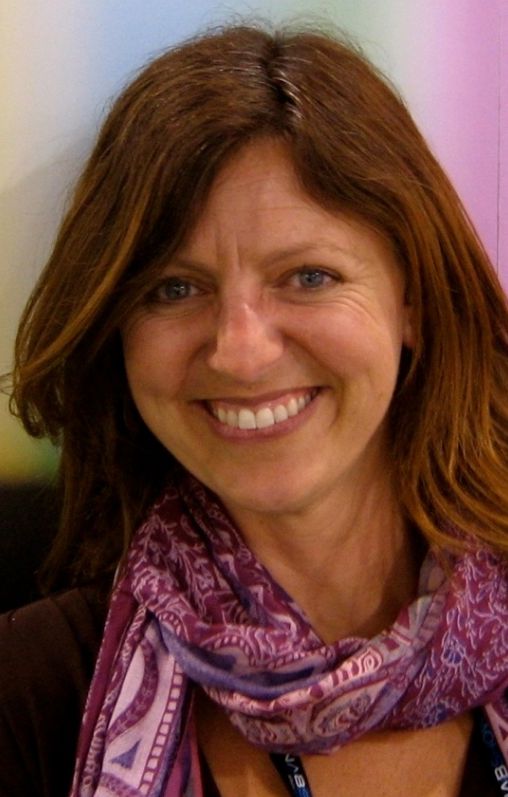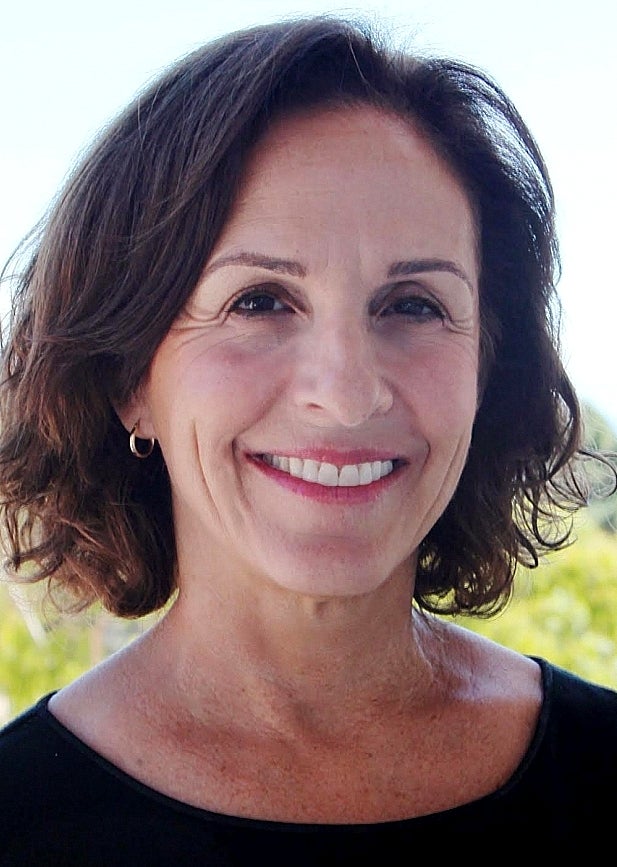
Social Securities


Jennifer Holt was appalled to learn that, during the public comment period that preceded its repeal of net neutrality, the Federal Communications Commission (FCC) had apparently misled the public in claiming that its servers had been compromised by a Distributed Denial of Service (DDoS) attack.
“I find that unimaginable, but it happened,” said Holt, a UC Santa Barbara professor of film and media studies. “This, of course, led to the dismissal of millions of pro-net neutrality comments that contradicted what the FCC wanted to do, which was repeal net neutrality and satisfy the corporate lobbyists that have completely captured the commission.”
In the wake of that June 2018 repeal, the debunking of the FCC’s DDoS claim may seem a moot point (the server crash was later found to be merely internet traffic overwhelming FCC’s electronic comment filing system, not an orchestrated attack). But to Holt, that, along with the repeal itself, is symptomatic of the diminishing quality of federal stewardship of media technologies, including the internet.
“Media policy, particularly that related to infrastructure, is crucial to preserving a democracy,” she argued. “It is not necessarily the first place most people start when assessing the viability of our First Amendment rights, but it is the core of how these freedoms are either defended or destroyed.” The power of media policy in deciding what can be seen, whose voices and perspectives can be heard and how that information may be expressed, is profound. “It grants control over much of our culture, our information and our national character,” said Holt, who is currently writing a book on the topic.
Such behind-the-scenes movement — often invisible to those of us who consume digital media — is also the topic of Holt’s Oct. 11 talk, “Social Insecurities: Media Policy and the Fight for Digital Liberties.” It is the first offering in this year’s public lecture series hosted by UC Santa Barbara’s Interdisciplinary Humanities Center (IHC).
Titled “Social Securities,” the yearlong IHC series dives into the concepts of human security from a wide variety of perspectives, including how we define security and its value in our society.
“Last year we were quite aware of the insecurity and uncertainty in all areas of our society after the elections — the democratic process; U.S. relations with other countries, including our neighbors; the status of DACA students; the future of the Paris Agreement after the U.S. withdrawal from it; and gun violence, to name only some of these situations,” said IHC director Susan Derwin. “We wanted the upcoming year of programming to concentrate on productive responses to this climate of insecurity and uncertainty and to consider how people and communities mobilize and advocate for change.”
The series draws upon perspectives from the humanities, arts and humanistic social sciences, with topics that include the struggles of incarcerated women; money and aesthetics; human rights in societies with a legacy of civil war and political violence; and environmental justice. While the series addresses the current climate of insecurity from a perspective that recognizes the importance of establishing or working towards greater security, according to Derwin, “it departs from the assumption that change and advocacy, and indeed all forms of security, including security in the intimate domain of the family, are only achievable as collective, ‘social’ endeavors.”
Viewing these topics through a humanities lens allows for an understanding of the significance of the basic human drive for security and certitude beyond dry facts, figures and regulations.
“The humanities give us the historical context necessary to understand how we got here,” said Holt. In addition, the humanities provide the framework that allows us to grasp human concepts — such as security — in meaningful cultural terms, as well as the tools to change our course, she said.
All talks in this free public lecture series take place at the McCune Conference Room, 6020 Humanities and Social Sciences Building on the UCSB campus, at 4 p.m., starting with Holt’s Oct. 11 talk.
Other lectures in this series during the fall quarter include writer Victoria Law’s talk, “Resistance Behind Bars: Struggles of Incarcerated Women,” on Oct.18, and University of South Florida film and new media studies professor Scott Ferguson’s lecture, “Money is No Object: Aesthetics, Abstraction, and the Politics of Care,” on Nov. 15.
Winter and spring quarter lectures, meanwhile, will explore topics of human rights and gender equality in Somalia; a feminist perspective of welfare reform in the U.S.; environmental justice; and literature perspectives on security in the form of poetry and book readings.



